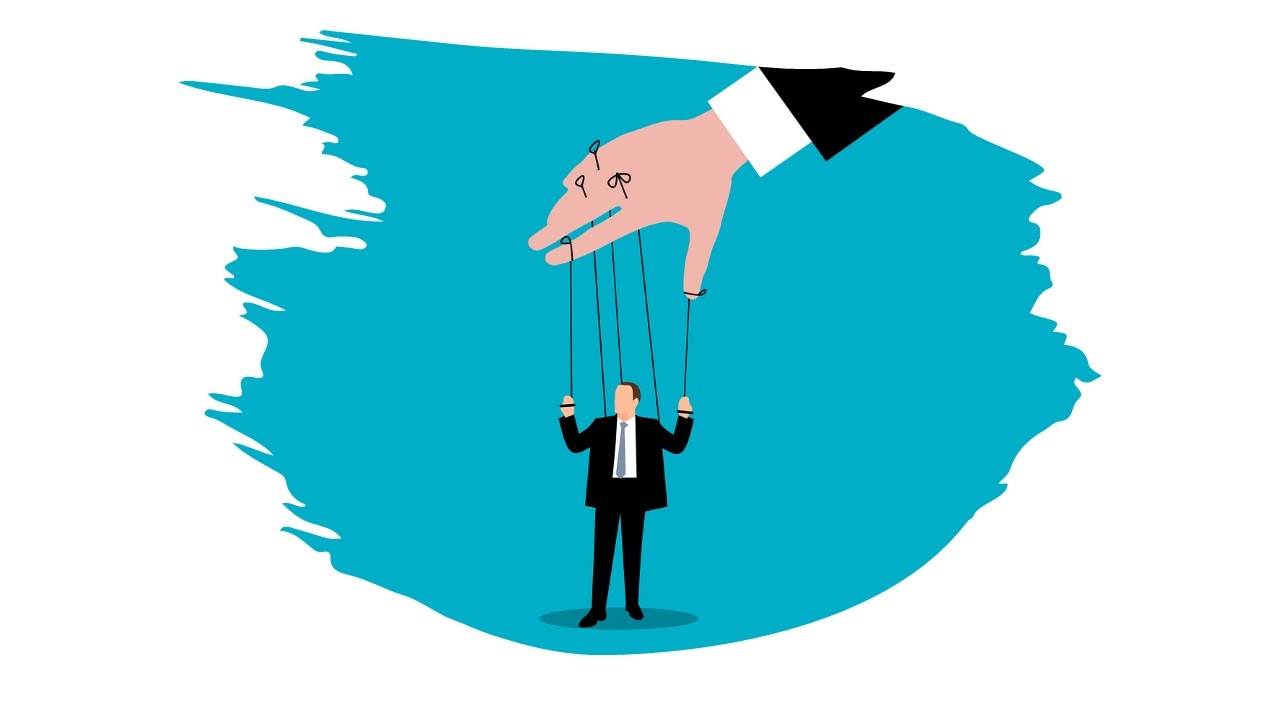Jordan’s long-delayed parliamentary elections change nothing in Abdullah’s kingdom
Developing Just LeadershipA. S. Ayoub
Jumada' al-Ula' 01, 1424 2003-07-01
Occupied Arab World
by A. S. Ayoub (Occupied Arab World, Crescent International Vol. 32, No. 9, Jumada' al-Ula', 1424)
Jordan’s parliamentary elections finally took place on June 17, almost two years after the dissolution of the previous parliament at the end of its four-year term in July 2001. Since that time, king Abdullah II had repeatedly postponed elections, citing ‘regional circumstances’. Fortunately for him the absence of a parliament made little difference to the governance of the country, which is basically an absolute monarchy.
Despite polling day being declared a public holiday, voter turn-out was low, only 56 percent of the electorate, perhaps reflecting public awareness of the futility of the exercise. It was particularly low in Jordan’s two largest cities, Amman and Zara, where the majority of the country’s population live, but which were awarded far fewer seats than they merited by their proportion of the population, because of government awareness that that was where any significant political opposition was likely to be elected. Elsewhere, in smaller town, villages and tribal areas, the elections were widely rigged.
The result was that independent candidates loyal to the monarch won 93 of the parliament’s 110 seats; hardly surprising since the vast majority of the 760 candidates for election were government loyalists. Virtually the only non-loyalist candidates to be elected were 15 representing the Islamic Action Front (IAF), the political wing of the Muslim Brotherhood, which was permitted to contest 30 seats, in a reversal of their earlier policy of not participating in national elections. The seats won by the IAF were almost all in Amman and Zara, reflected the Islamic movement’s popularity among the country’s urban population.
The fact that the IAF was permitted to put candidates forward at all, despite the official requirement that all candidates be independents rather than party members, was a reflection of its popular support. Even Abdullah’s government knew that a parliamentary election which showed no Islamic success whatsoever would have even less credibility than this one.
The election comes after a period in which Abdullah’s plans to liberalise the economy, ‘normalise’ relations with Israel, and his support for the West’s war in Iraq, despite popular opposition to it, have raised political tensions. The result was a massive crackdown on opposition activists in the period running up to the war, most notably in November last year, when troops went into the southern city of Ma’an to put down an uprising by anti-government Islamic activists.
It is, however, unlikely to result in any substantial change in government policy. Abdullah is not obliged to appoint his prime minister or any other ministers from the parliament. Speaking to theFinancial Times, Abdullah made it clear that he had no intention of allowing the election results to influence his choice of government, explaining that in the past, ministers who were also members of parliament spent all their time "ingratiating themselves with the representative so that they could get elected next time round."
Thus the BBC commented after the election that "this parliament should not give the king any headaches", before adding cynically that "the election of 15 Islamists will ensure a degree of debate and perhaps some limited pressure on the government."
Meanwhile, Jordanians continue to suffer immense economic problems as a result of privatisation and austerity measures imposed on the government by the IMF in the 1990s, during the reign of Abdullah’s father, Hussain. These have brought untold misery to the Jordanian people, in the form of increased taxes, the removal of subsidies, and unemployment which has soared to 27 percent.
Abdullah’s only strategy for addressing these problems appears to be kow-towing to the Americans at every opportunity, in the hope that they will throw some crumbs in his direction. Last year, the US gave Jordan $250 million in economic aid to fund a programme aimed at boosting education, and in January this year, it tossed Abdullah a further $145 million for Jordan’s support against Iraq.
Little wonder, then, that Abdullah has been so anxious to support the rape of Iraq, assist in the imposition of surrender on the Palestinians (last month’s summit between Israeli prime minister Ariel Sharon and Palestinian prime minister Mahmud Abbas took place at a Jordanian royal palace in Aqaba), sign a free trade agreement with the US, and, late last month, host a summit of World Economic Forum leaders called to reorganise the big business interests’ Middle East affairs.
Unfortunately for Abdullah, none of this will make him any more popular or acceptable to the Jordanian people, who are unlikely to be placated for long by a paltry 15 seats for Islamists in a parliament that is so utterly toothless that it is a joke even by Arab political standards.


